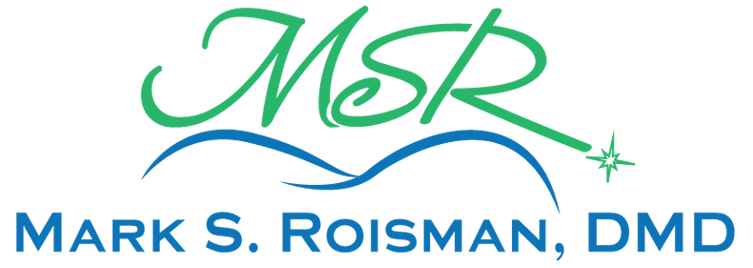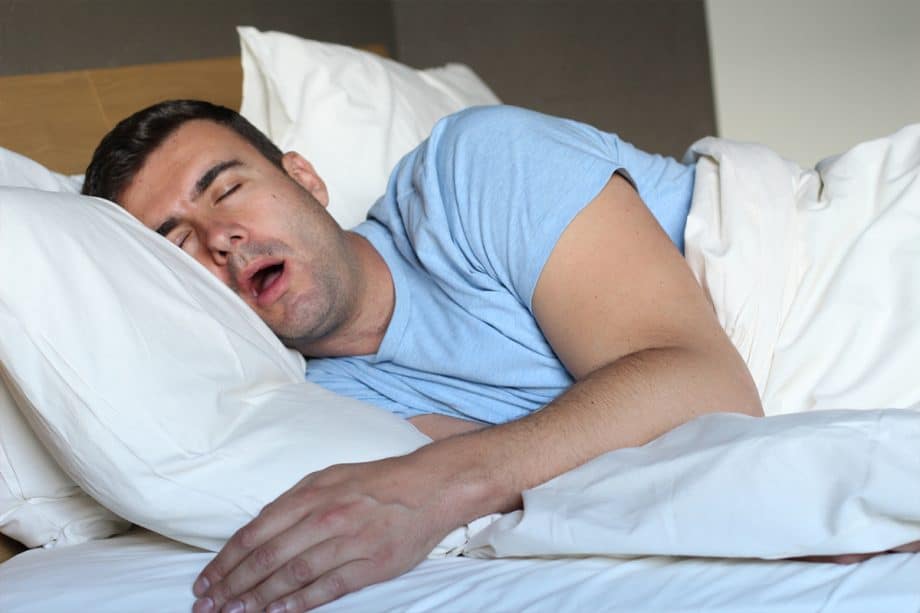Obstructive sleep apnea makes it difficult to live life to the fullest, yet many people suffer for years before being diagnosed with this sleep disorder. If you have sleep apnea, you may experience dozens or even hundreds of pauses in breathing during the night; these interruptions startle the body out of deep sleep, but most people don’t have any recollection of them occurring. A qualified dentist can provide you with a customized treatment plan to help you get a good night’s sleep so you can wake up feeling refreshed and ready to tackle the day.
Symptoms of Sleep Apnea
The most obvious sign of sleep apnea is pauses in breathing during sleep, but unless your partner notices this, you’re unlikely to realize that it’s happening unless you wake up gasping for air or choking. These pauses occur when the soft tissues in your airway relax to the point of impeding the flow of oxygen.
Other common sleep apnea symptoms include:
- Sore throats in the morning
- Morning headaches
- A persistent feeling of fatigue and drowsiness upon waking, even with eight or more hours of sleep
- Difficulty concentrating
- Mood disorders, including anxiety and depression
- Trouble focusing at work or in school
If you're experiencing any of these symptoms, it’s a good idea to get a sleep study to determine if you have obstructive sleep apnea.
Consequences of Untreated Sleep Apnea
For our health and overall well-being, humans require at least eight hours of sleep each night. Sleep is physically and mentally restorative, which is why when you’re sleep deprived, you feel drowsy, irritable, and scattered. With untreated sleep apnea, your work performance may suffer, you could have trouble keeping up with your daily obligations, and you may even be more likely to be involved in a car accident.
Obstructive sleep apnea has long-term health implications as well. An increased risk of heart attack, stroke, and type 2 diabetes are all associated with sleep apnea. In addition, sleep apnea causes elevated blood pressure and cortisol levels, indicating stress in the body.
Best Sleep Apnea Treatment
The good news is that there are a number of effective therapies available for sleep apnea. Continuous positive airway pressure (CPAP) machines are the most common, although many patients find them inconvenient, unwieldy, and difficult to sleep with. Dr. Roisman can provide you with a more comfortable option called oral appliance therapy.
Custom oral appliances are similar to night guards for snoring in that they reposition your lower jaw in such a way that the soft tissues of your airway are engaged, preventing them from relaxing and restricting oxygen flow. Compared to CPAP therapy, oral appliances are comfortable to wear, easy to clean, and more portable than a CPAP machine. For patients with mild to moderate obstructive sleep apnea, an oral appliance might just be all that you need to sleep more soundly at night.
Learn More About Sleep Apnea
Do you think you suffer from obstructive sleep apnea? Have you been diagnosed with sleep apnea and are looking for an alternative to CPAP therapy? Contact us today at 203-227-6338 to book a consultation with Dr. Roisman.

